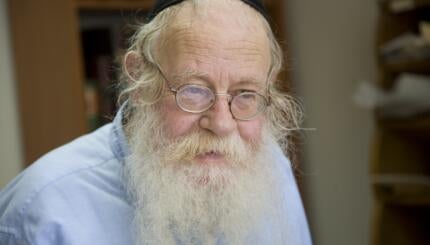Reprinted from The Jewish Religion: A Companion, published by Oxford University Press.
Rabbi Eliezer ben Hyrcanus (C.40-120 CE) was one of the five most distinguished disciples of Rabban Johanan ben Zakkai, later to become one of the leading rabbinic figures of his day and teacher of Rabbi Akiba. The Mishnah records around 300 laws in the name of Rabbi Eliezer. The difficulty to be faced in attempting to reconstruct the life of Rabbi Eliezer is that he is, like all the other early rabbinic figures, a hero of Jewish legend, from which it is far from easy to disentangle the facts.
It is surprising that practically all the historians accept at face-value the Talmudic story (Bava Metzia 59b) that, in a certain case, Rabbi Eliezer held fast to his opinion even against the majority ruling and even against a voice that came from heaven, as a result of which he was placed under the ban. Very curious is the story told of Rabbi Eliezer that he was falsely accused of heresy because he had once heard a saying, of which he approved, recorded by a disciple of Jesus.
The truth is that these stories are very late and were told possibly centuries after Rabbi Eliezer so that, at the most, the only conclusion that can be drawn from them is that Rabbi Eliezer, for all his great learning, may have been viewed at times with a degree of suspicion. Yet Rabbi Eliezer is one of the most revered of the Tannaim, the teachers who flourished in Palestine in the first two centuries CE, and he is often called “Rabbi Eliezer the Great.”
With your help, My Jewish Learning can provide endless opportunities for learning, connection and discovery.
Mishnah
Pronounced: MISH-nuh, Origin: Hebrew, code of Jewish law compiled in the first centuries of the Common Era. Together with the Gemara, it makes up the Talmud.


